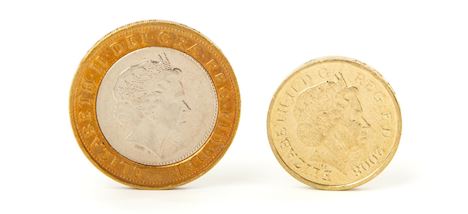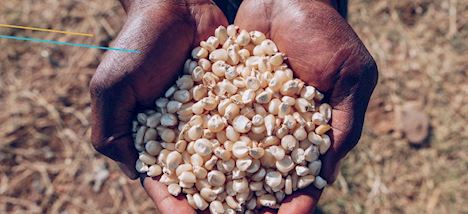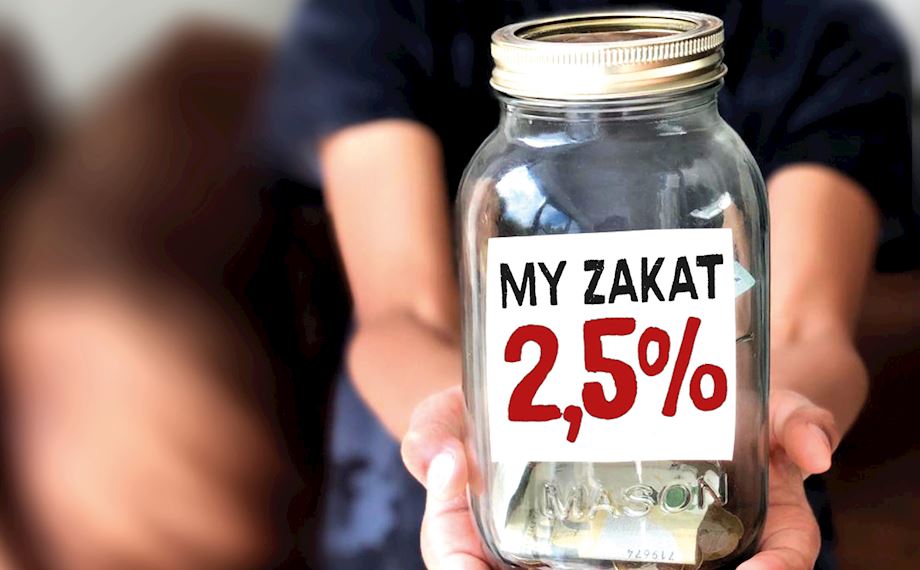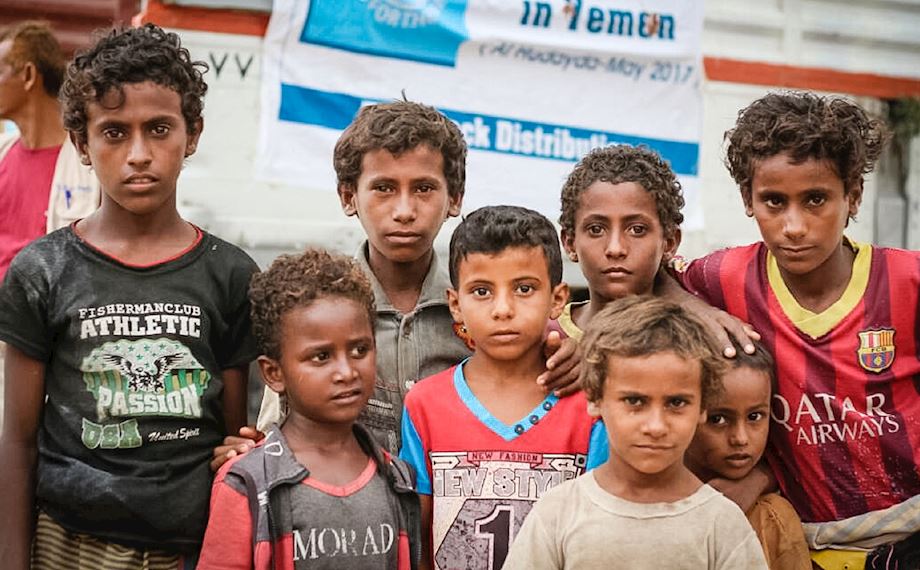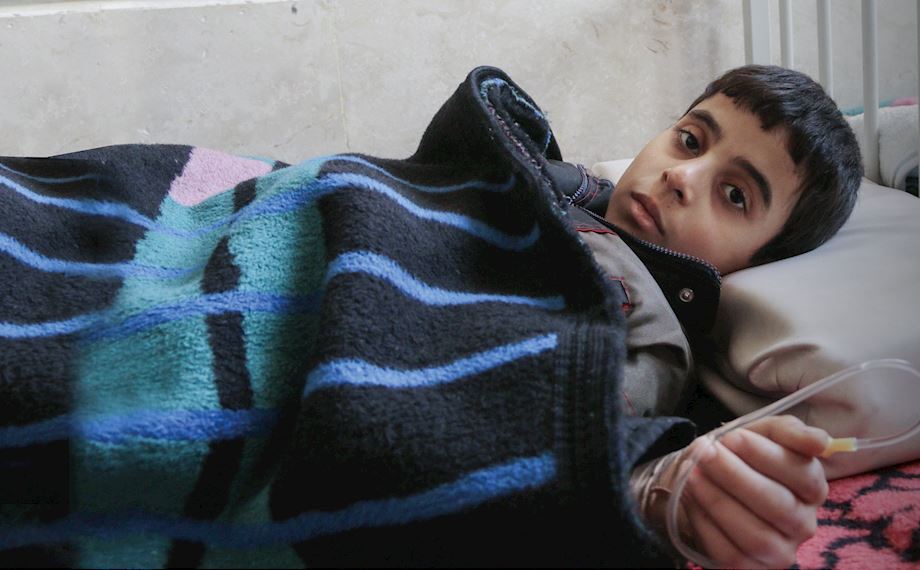
Pay Zakat
Fulfil the third pillar
Scroll Page
Nisab is the minimum value of total wealth one must possess in order to pay Zakat. It is defined as the value of 87.48g of pure gold or 612.36g of silver. Most scholars favour the lower value as it means that more people can pay Zakat and therefore there are more beneficiaries.
£5,923
(87.48g)
£451
(612.36g)
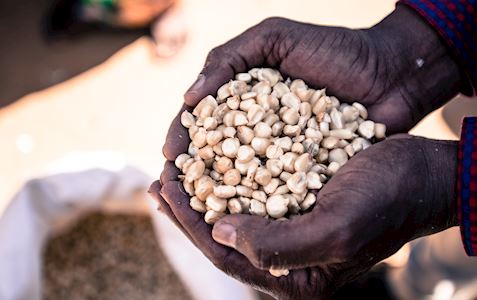

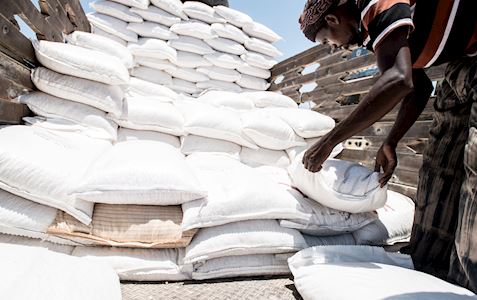

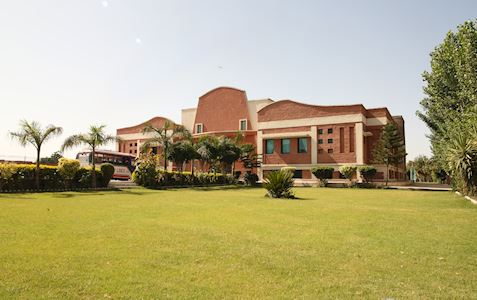
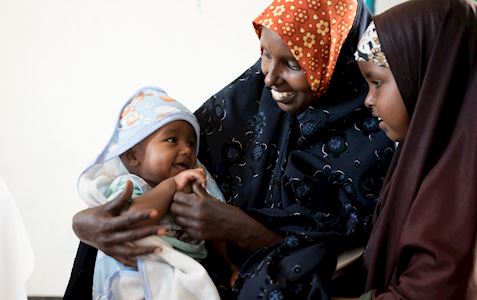

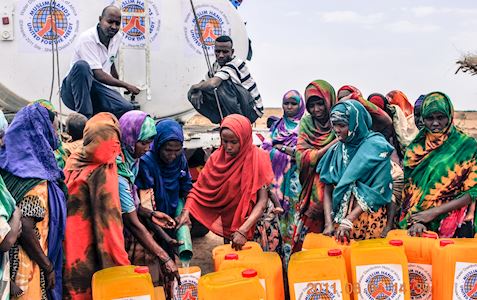
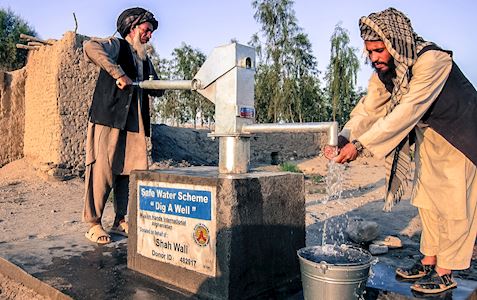
The Impact of Your Zakat Donation
The majority of the work that Muslim Hands do is Zakat eligible. We carry out projects in over 30 countries, distributing food and water, improving healthcare provisions, allowing greater access to education and supporting some of the most disadvantaged communities in the world.
With almost three decades of experience helping the most vulnerable, we continually strive to push ourselves and create a fairer, safer world that empowers those we help. When you give Zakat, you are supporting this vision.
Pay your zakatOur Zakat Service
Frequently Asked Questions
A. Muslims past the age of puberty and are of sound mind are eligible to pay Zakat as long as they meet the required Nisab threshold.
In order to be eligible to pay Zakat, your level of excess wealth must remain higher than the Nisab value for a full year. This is when your Zakat payment will be due.
A. Zakat is due on:
Gold and silver, including ornaments or jewellery containing gold and/or silver.
Cash held at home or in bank accounts.
Stocks and shares owned either directly or through investment funds.
Money lent to others.
Business stock in trade and merchandise.
Agricultural produce.
Livestock animals such as cows, goats and sheep.
Pensions.
Property owned for investment purposes.
A. Zakat is due a year after your level of personal wealth has reached the Nisab threshold. In order to remain eligible to pay Zakat, your level of excess wealth should remain higher than the Nisab for a full lunar year.
For example, if your level of expendable wealth exceeds the total Nisab value in the month of Ramadan, your payment will not be due until the following Ramadan, so long as your personal wealth remains above the threshold.
If at any time your wealth drops below the level of Nisab, you would cease being eligible to give Zakat. Once your wealth increases to the Nisab level, you would begin counting 12 lunar months from that point onwards.
A. Zakat can be paid in monthly instalments. To do this, divide the total amount of Zakat owed by 12 and set up a regular payment with Muslim Hands specifying Zakat as the type of donation.
Sponsoring an orphan is also another good way to give your Zakat on a monthly basis.
A. There are eight categories as outlined in the Qur’an:
The poor, those in debt, the wayfarer, those in the cause of Allah (SWT), the needy, those whose hearts are to be reconciled, to free those in captivity and those who collect and distribute Zakat payments.
A. If you have not paid Zakat from previous years in which you were eligible to do so, you must pay what you owe as soon as possible.
Missed Zakat would be calculated in the same way you calculate your current Zakat - however, you would use the Nisab value from the missed Zakat year, as opposed to the current Nisab value.
Zakat Projects

Established in 1993, Muslim Hands is an aid agency and NGO helping those affected by poverty, conflict and natural disaster in over 20 countries worldwide.




